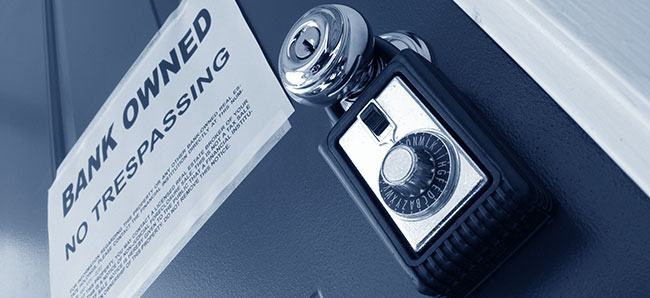Almost all types of businesses deal with liens, one way or the other. If you borrow money or have a line-of-credit with a vendor, chances are there is a lien on some form of property or asset of your business. Similarly, if your business is in construction, real estate improvement of any type, loans money or credit, you either know what a lien is or should know.
This article is intended focuses on those businesses who may find themselves dealing with a lien against their property or assets.
There are 3 primary types of liens in use in business
Those three types are:
- Consensual
- Statutory
- Judgment
Any of the three has the ability to force you to legally part ways with your assets. However, the savvy business owner can greatly reduce their chances of this happening by simply understanding what liens are, and then take some simple proactive steps to protect yourself and your business.
The Consensual Lien
As the name implies, the consensual lien is a form of lien on your asset that you have agreed to. For example, the lien on your house that takes place when you agree to a mortgage or buy a car. It is basically the safety net incorporated in a purchase and the subsequent financing of that purchase. The lien ensures the debt obligation will be met, and the consumer is aware of it. How does one avoid this type of Lien becoming a problem? First, pay your loan on time, every month as described in your loan agreement. Once the loan is paid off, take the time to obtain a final statement that shows the loan has been paid off in full. Check your credit report to make sure the loan is showing “closed; paid in full”. Make sure your bank or lending institution sends you the title for the property. The paperwork should indicate the asset now belongs solely to you and the lien has been removed.
The Statutory Lien
This is a means for creditors to obtain your assets in order to satisfy a debt, even without your consent. Depending on the state, creditors can gain security interests in your assets by proving they are owed money. The most common of these liens are the Mechanics Lien and a Tax Lien. A Mechanics Lien is when a contractor or mechanic has preformed work but has not been paid. The lien becomes a security interest in the property, meaning the property cannot be sold with out the debt is satisfied. A Tax Lien is filed by the local, state of federal government when taxes are delinquent.
How do you avoid a Statutory Lien? Take the time and maybe even a little extra money to employ reputable professionals for your jobs. Do the leg work, get references. Make sure you have a contract in place that is clear so that both parties understand what amount of work that is to be performed, when it should take place and approximately how much it should cost. Work to make sure there is clear communication throughout the process. In many states, the right to a Mechanics Lien can be waived in contract. Most importantly, pay your bills and pay them on time. After the work has been completed is not the time to start haggling about details that were already outlined in the contract. If the work performed was of acceptable quality and met the details outlined in the contract, plan on paying the bill.
The Judgement Lien
This is the heavy hitter, meaning it can potentially do the most damage to your assets, your business and your credit. Judgement Liens are the result of a legal judgement. For instance, if you are involved in a car accident and it is determined that you were at fault, a judgement lien for any amount that your car insurance does not cover could be placed on your assets.
If an employee, contractor or other representative of your business is involved in an accident, your business can be found at fault through the theory of Respondeat superior. You should make sure you have contracts with all your employees, contractors and vendors, and that they will hold you and your business harmless (called an indemnity provision) if they should get into an accident and not tell you.
A Judgement Lien could result in the assets being foreclosed upon or sold to satisfy the judgement. As a business owner, the threat of a Judgement Lien is exactly why making sure you have secured your personal assets from your business assets via forming the correct business entity is extremely important. Setting up the correct entity will insulate your business assets from a personal judgement and vice versa.
What can you do to minimize the possibility of a judgement lien?
- Incorporate. If you’re operating as a sole-proprietorship or partnership, not as a LLC or Corporation, you should incorporate ASAP. It’s less expensive than you think. Form a LLC or form a corporation now.
- Put Everyone Under Contract. Employees, contractors, vendors and even customers should all be under a contract that clearly establishes responsibility, indemnity, limited warranty and more. We sell low-cost, flat-rate contract templates or we can create customized templates for your unique business and circumstances. Contact us for questions or to get started.
- Always Respond to a Lawsuit. If you’re being sued, you must respond or suffer a default judgement. You can expect a judgement lien to occur after a default judgement. Again, contact us if you’re being sued or threatened with a lawsuit.
Liens are serious instruments that can spell the doom of your business. It is important to understand them and protect yourself from them as much as possible by using effective contracts and business formations.
Law 4 Small Business, P.C. (L4SB). A little law now can save a lot later. A Slingshot company.

